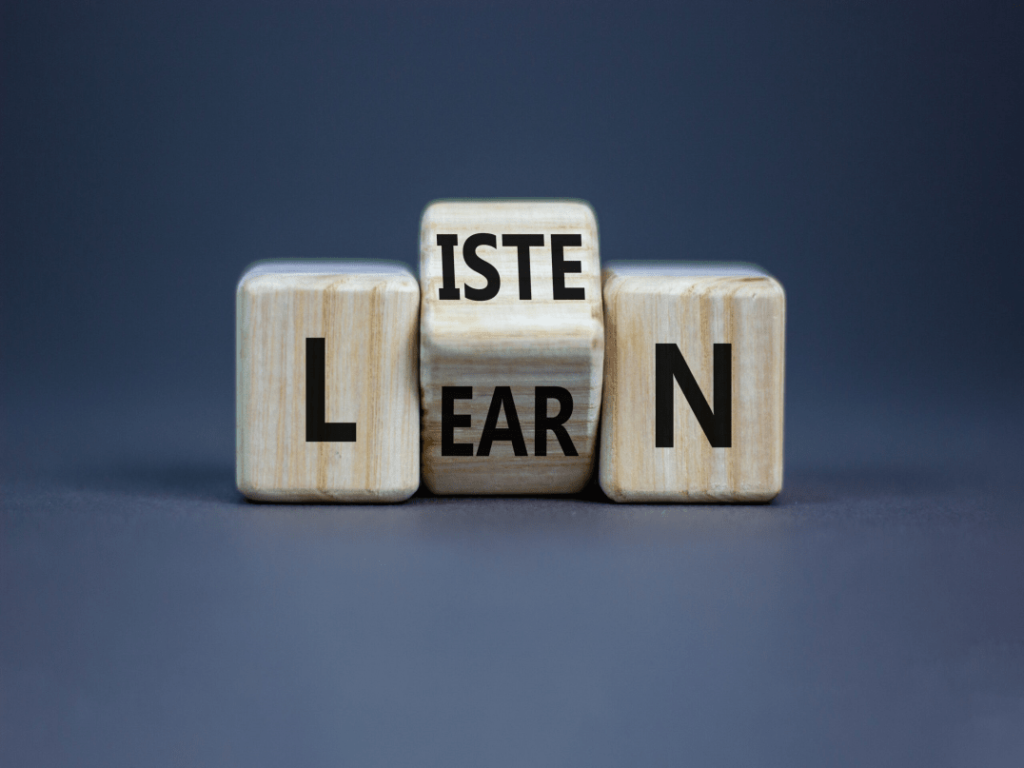When you start to improve arabic, you might focus on reading and memorizing vocabulary. But there’s a secret to truly mastering the language: your ears. How good listening skill can help you learn arabic cannot be overstated. It is the fundamental skill that allows you to move from memorizing words to understanding and communicating in real-world conversations.
This guide will explain why listening in Arabic is crucial for language acquisition and provide you with actionable steps to become a better listener.
How Good Listening Skill Can Help You Learn Arabic: Why Listening Is So Important
Before you can speak, you must listen. From the time we are infants, we absorb language by listening to the sounds, rhythms, and intonations around us. The same principle applies to learning a new language like Arabic.
- It’s the Gateway to Pronunciation and Rhythm: Listening helps your brain get used to the unique sounds of Arabic, like the guttural ayn (ع) and qaf (ق). By listening to native speakers, you learn the natural flow of the language, which is impossible to grasp from a textbook alone.
- It Builds Vocabulary and Comprehension: What Is the Importance of Listening in the Learning Process? It’s how you learn new words and phrases in context. Listening to conversations, songs, or podcasts gives you a natural way to expand your vocabulary and understand how words are used in daily life.
- It’s a Way to Understand Dialects: Arabic has many dialects, and they are primarily spoken. By improving your listening skills, you can begin to distinguish between different dialects like Egyptian, Levantine, or Gulf Arabic, which is essential for real communication.
How to Improve Listening Skills?
Listening is not a passive activity. It requires focus and engagement. Here are the keys to long-term success.
For Arabic Listening for Beginners
- Master the Basics First: Start with clear, slow audio. Focus on Pronunciation by listening to the alphabet and the most common sounds. This will build a strong foundation for more complex listening later on.
- Practice Active Listening: Instead of just letting Arabic audio play in the background, choose a short clip and listen to it multiple times. Try to grasp the main idea first, then pick out keywords and finally, focus on the details.
Moving to Intermediate & Advanced Listening
- Following Longer Conversations: Once you feel comfortable, move on to longer, unscripted conversations. Don’t worry about understanding every single word. The goal is to get the gist of the conversation and practice staying engaged.
- Study Vocabulary Continuously: Keep a notebook or a flashcard app to jot down new words you hear. Review them regularly to reinforce your memory.
- Use Variety: Don’t stick to one type of audio. Listen to a wide range of content, including songs, podcasts, movies, and news broadcasts.
- Be Patient and Consistent: Make listening a daily habit. Even 10-15 minutes a day can make a significant difference. Don’t get discouraged if you don’t understand everything right away; progress takes time.
- Connect with Native Speakers: The best way to practice active listening in arabic is with a native speaker. Use language exchange apps or find an online tutor. This real-time interaction will prepare you for the speed and unpredictability of natural conversation.
Conclusion
By learning to listen effectively, you are not just acquiring a new language; you are opening a new world of connection and cultural understanding. To continue your journey and master these skills, consider using a dedicated learning tool like the Kaleela app.



